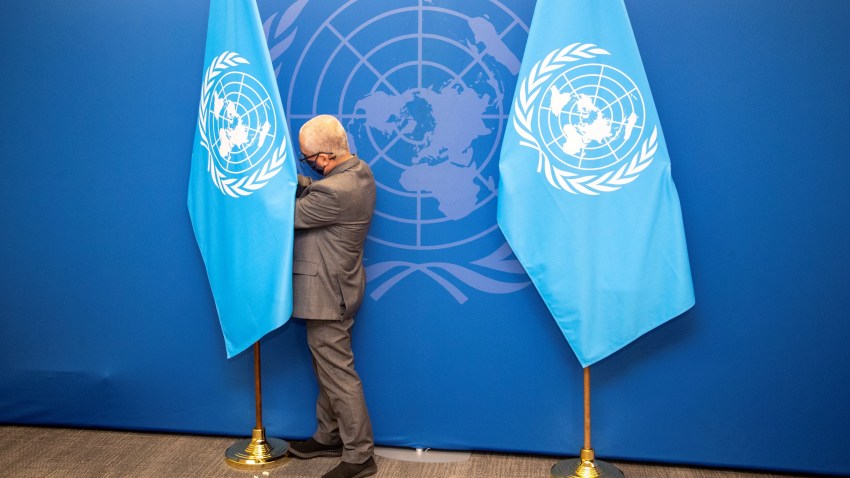Twenty years ago this month, while on vacation in Montenegro, I got a job offer. At the time, I was doing volunteer human rights work in Croatia. The Foreign Policy Centre, a think tank in London, asked if I would like to join them as a researcher. It was the sort of paid position I had been hoping to land when I had dropped out of graduate school the previous year, so I accepted right away.
So began a career that has been based more on luck than judgment. Two years after that call in Montenegro, I asked an expert focusing on the United Nations if he knew of any openings in New York. He did. I applied for one of them and got it. Though I have never worked full-time for the U.N. itself, I have worked on and around the organization ever since, most recently as a representative of the International Crisis Group. Over time, I have built a small reputation as an analyst and commentator on multilateral matters.
Having essentially stumbled into this business by chance, I often feel uncomfortable offering others career advice. The number of smart people who want to focus on an institution like the U.N., for all its well-known faults, is daunting. I doubt I could even enter the field today with the scant qualifications I boasted in 2003. But if I cannot be of much help as a career planner, what I’ve learned over the past two decades does allow me to offer some tips about how to be a policy wonk. Here are seven more-or-less useful lessons.

